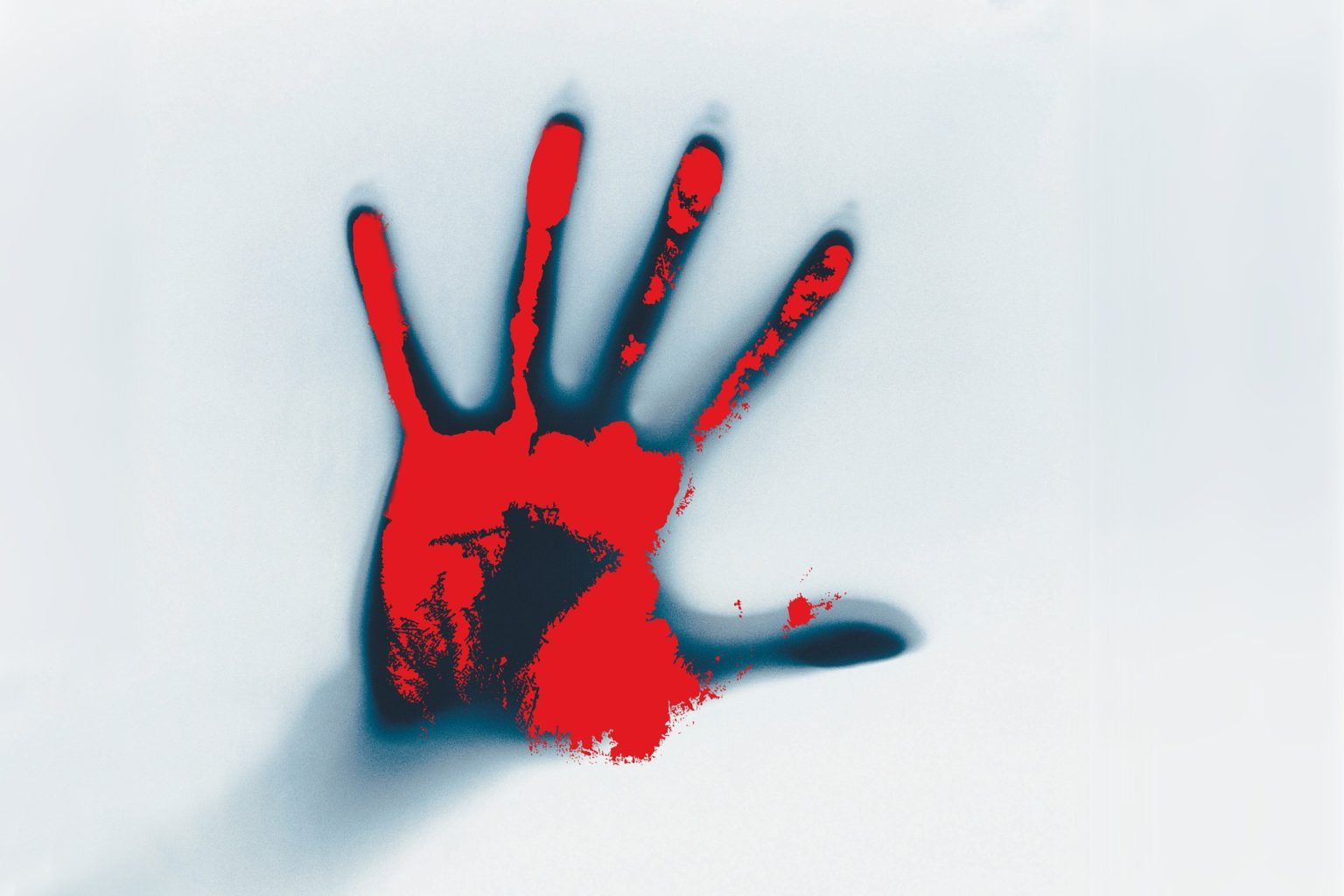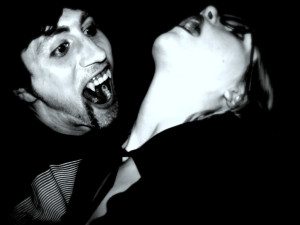What a horror-ble year!
[dropcap]H[/dropcap]orror has long been a genre which both delights and terrifies audiences, however, until recently, it has largely been confined to the cinema. While it’s often seen as one of the lowest generic forms of film, in 2015 it seems only to have grown on the small screen, with this year playing host to an incredible amount of terror.
Returning series of 2015 include The Walking Dead, which has the highest total viewership of any series in cable history, remaining a monstrous juggernaut that draws in more people with every passing season. We’ve also seen a fifth season of brilliant anthology series American Horror Story; movies taking themselves to TV in Bates Motel and teen murder-‘em-up Scream; as well as new series like the inexplicably brilliant comedy-horror Scream Queens. But given horror’s terrible reputation, why is it so popular?
One thing that makes horror so appealing is the element of escapism. In general, zombies, ghosts, vampires, and other supernatural beings are not part of our everyday lives. Yet many successful television series owe debts to these fictional beings, allowing audiences to indulge their imaginations.
A further element of indulgence – which may sit slightly uncomfortably, should we think about it for too long – falls into the question of what we find entertaining. We have to acknowledge that the human beings do seem to enjoy watching gore, violence, mutilation, torture, suspense, serial killers, and even more grotesque things.
Many criticisms leveled at horror films say that their characters are terrible, one-dimensional human facsimiles. This is fair: in film, a lot of them are used mainly as cannon fodder. But this is why TV is such a good medium, especially for a slasher series: there’s so much more time to properly characterise.
Certain horror genre characters are particularly fascinating: charismatic serial killers, anti-heroes, and multi-layered, complicated leads
There is something so much more dramatic about these characters than in most shows, especially because they tend to have much more complicated relationships.
Particularly in the case of films becoming series, we now have the chance to explore characters and we know and love in new ways. Who’d have thought, for instance, that we’d be watching a show about Hannibal Lecter, and actually rooting for him?
Television is also more accessible than cinema: it doesn’t cost a fortune, and an hour-long episode doesn’t require as much commitment as a film. It’s also more successful at creating tension. Episodic storytelling means that an entire subplot can occur within one episode, yet the main plot can end on a cliffhanger, which both satisfies the audience for that specific storyline, but keeps them in suspense for the show’s return.
Horror may be criticized for oversaturating TV schedules, but it’s fair to say that each series has something of value to offer.
Not enough attention is paid to the fact that a lot of these shows are, simply put, quite good: well-written, well-acted, and often intelligent pieces of drama, which entice viewers because of their quality
If there’s a lot of horror on TV, it isn’t an issue. So many genres have flooded the small screen – you can’t move for cookery shows these days – and surely horror is one of the better ones? With so much scope, so many sub-genres, and a high amount of acting talent, there’s no reason we shouldn’t see more horror on TV for many years to come.



Comments